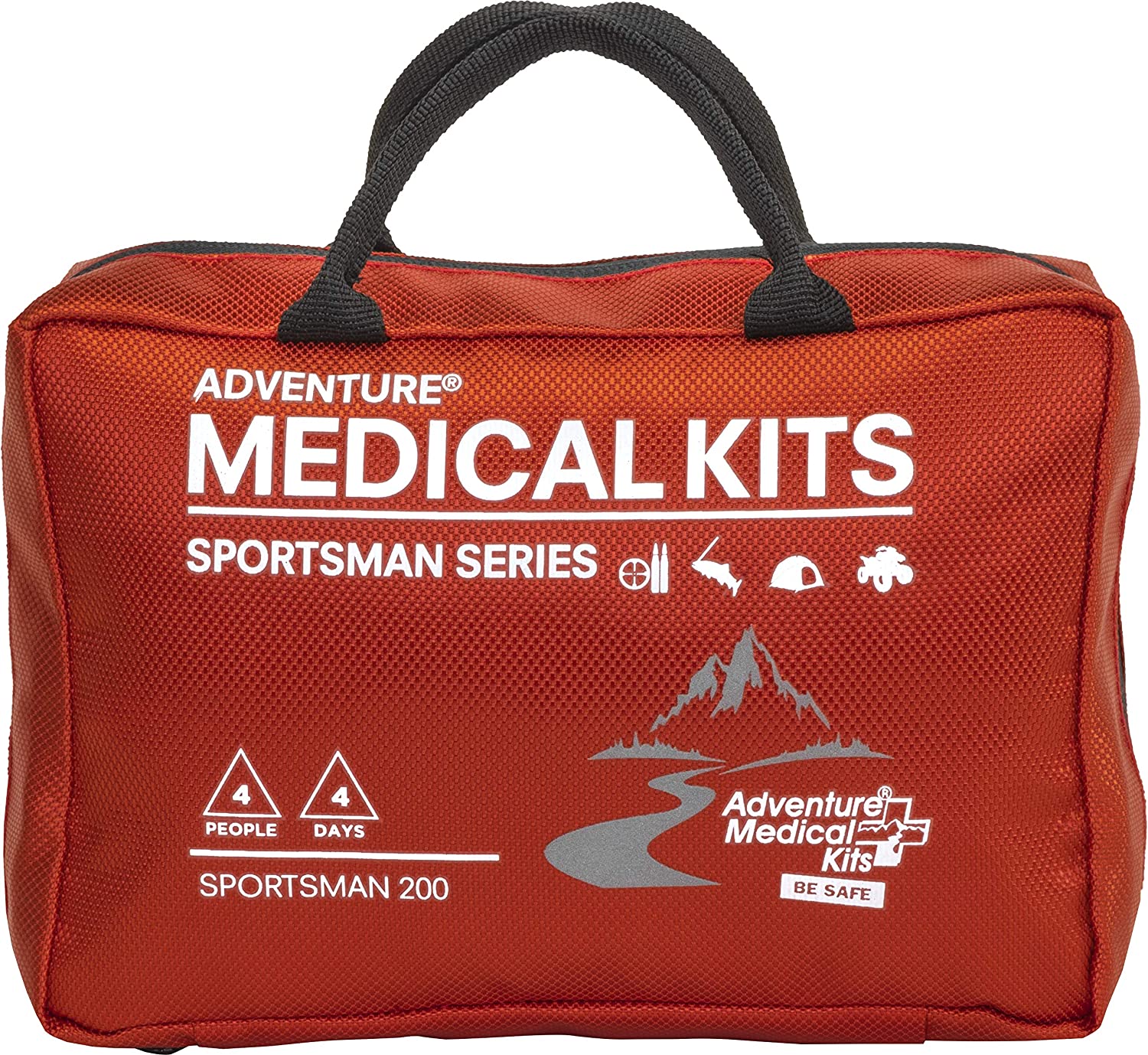When trekking in Nepal, it’s important to be prepared for various health-related issues and injuries that may occur in the remote and rugged terrain. Carrying a well-stocked medical kit is essential for your safety and well-being. Here are some recommended items for a medical kit for trekking in Nepal:
-
Personal Medications: If you have any prescription medications, make sure you have an ample supply for the duration of your trek. Carry a copy of your prescription as well.
-
Pain Relievers: Acetaminophen or ibuprofen can help with pain relief and reduce fever.
-
Antibiotics: Broad-spectrum antibiotics for common infections such as respiratory or gastrointestinal infections. Consult a medical professional for the appropriate type and dosage.
-
Antidiarrheal Medication: Medications like loperamide can help alleviate symptoms of diarrhea.
-
Rehydration Salts: Electrolyte packets or oral rehydration solutions to treat dehydration.
-
Water Purification: Water purification tablets, a portable water filter, or a UV purifier to ensure access to safe drinking water during the trek.
-
First Aid Supplies: Include bandages, adhesive tape, gauze pads, antiseptic wipes, scissors, and tweezers.
-
Blister Treatment: Moleskin, blister patches, or specialized blister treatment products.
-
Wound Dressing Materials: Sterile bandages, wound closure strips, and antiseptic ointment.
-
Medical Gloves: Disposable medical gloves for infection prevention.
-
Thermometer: A digital thermometer to monitor your body temperature in case of illness.
-
Medical Tools: Medical scissors, forceps, and a small mirror.
-
Tourniquet: In case of severe bleeding, a tourniquet can be a lifesaver.
-
Prescription for Emergency Medications: If you have severe allergies or other medical conditions requiring specific medications like an EpiPen, carry these with you, along with a doctor’s note explaining their use.
-
Insect Repellent: Insect repellent sprays or lotions to protect against insect bites and diseases like malaria.
-
Sunscreen: High-SPF sunscreen to protect your skin from the sun’s intense rays at higher altitudes.
-
Lip Balm: With sunblock to prevent dry, chapped lips.
-
Hand Sanitizer: To maintain good hand hygiene, especially in areas where access to clean water and soap is limited.
-
Pulse Oximeter: This device measures your oxygen saturation, which can be valuable at high altitudes to monitor your health.
-
Personal Toiletries: Personal hygiene items such as toothbrush, toothpaste, and toilet paper.
-
Diamox: Some trekkers carry acetazolamide (Diamox) for altitude sickness prevention, but it should only be used under medical guidance.
-
Emergency Contact Information: Carry a list of emergency contacts, including local emergency numbers and your embassy or consulate details.

